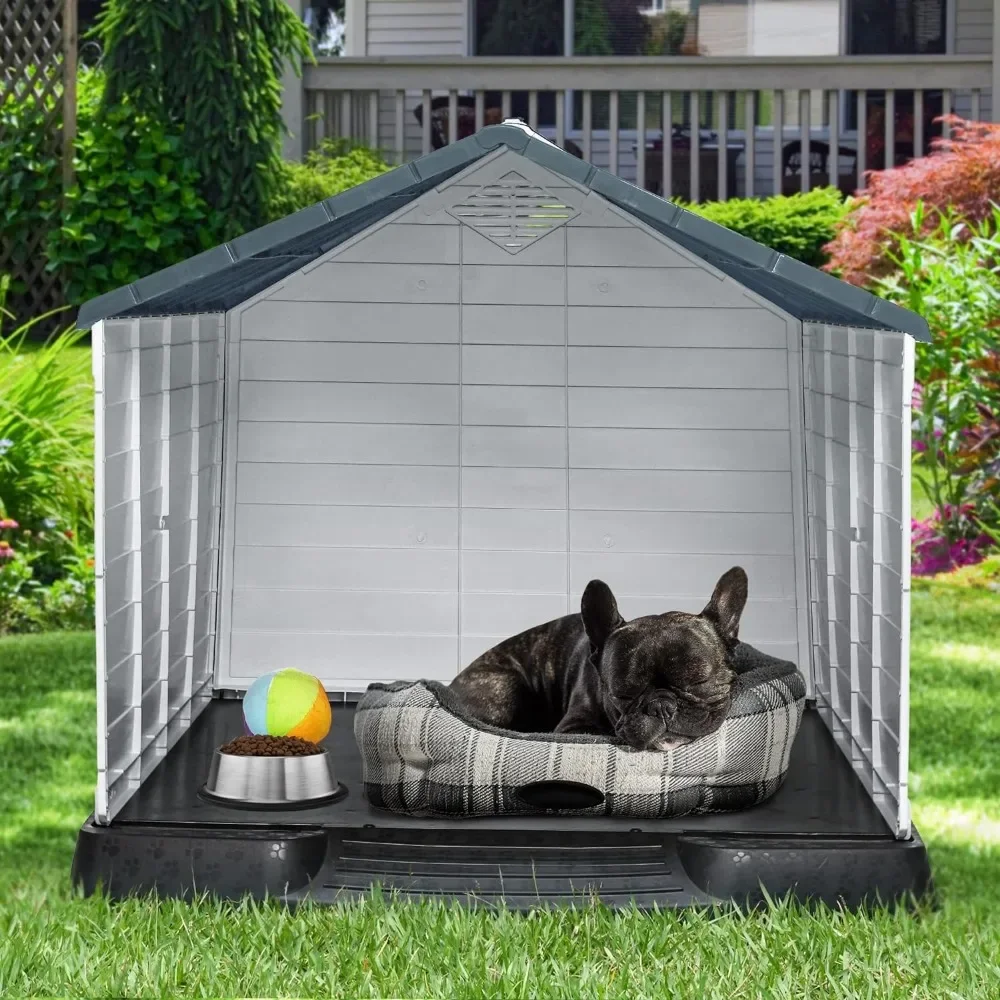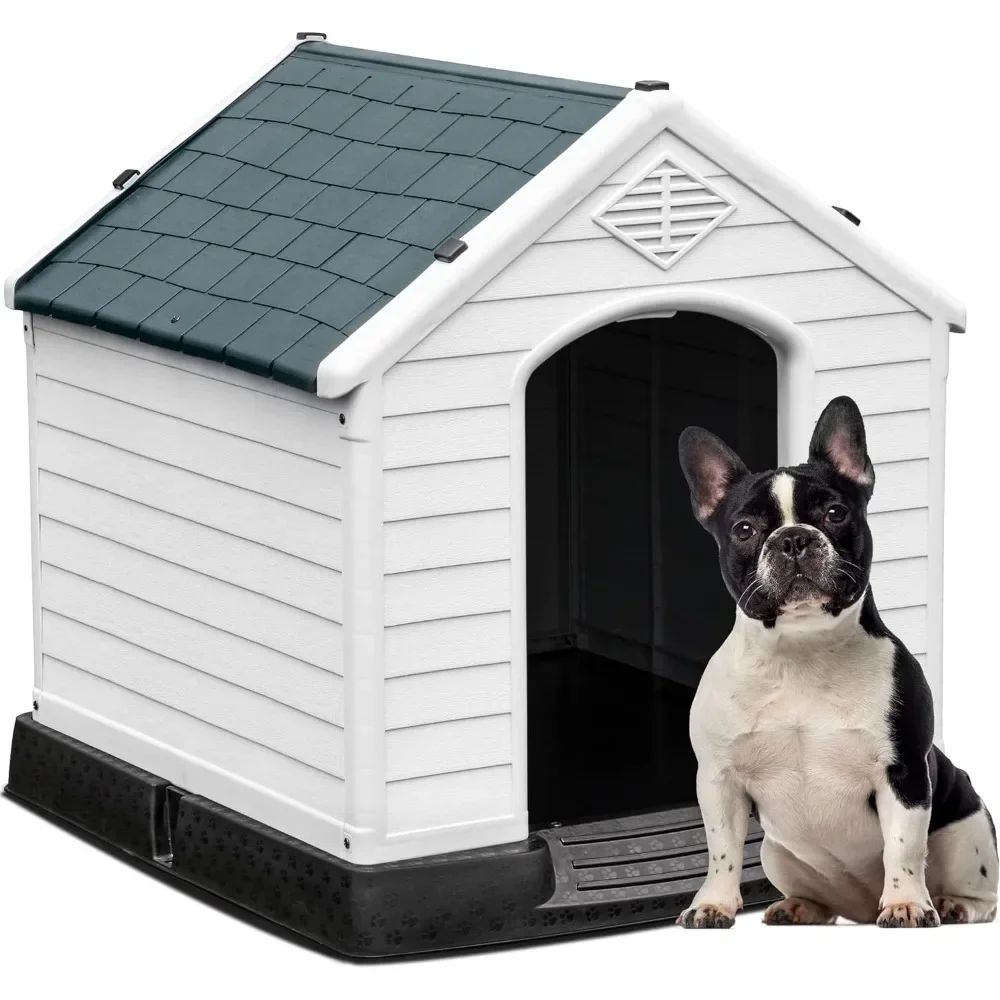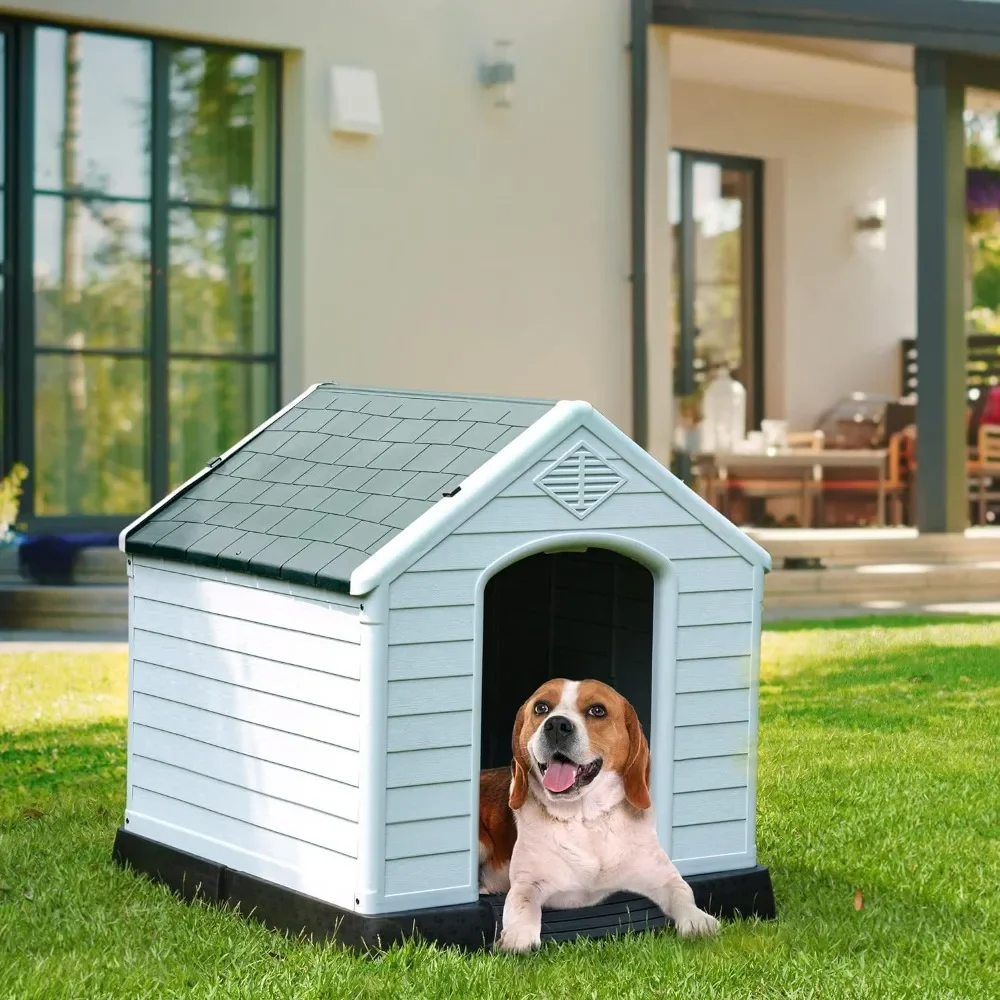Introduction to Kennel Cough
Kennel cough, also known as infectious tracheobronchitis, is a common respiratory condition in dogs. This contagious disease often affects dogs in kennels, shelters, and any environment where multiple dogs are housed together. Pet owners frequently ask if kennel cough can go away on its own or if medical intervention is necessary. Can kennel cough go away on its own? This comprehensive guide explores kennel cough, its symptoms, duration, potential complications, and treatment options. By the end, you’ll understand whether kennel cough can resolve without treatment and how to manage the condition effectively.

What Is Kennel Cough?
Kennel cough is a highly contagious respiratory disease primarily affecting dogs. It is caused by various pathogens, including Bordetella bronchiseptica bacteria and viruses such as canine adenovirus and parainfluenza virus. These pathogens cause inflammation of the trachea and bronchi, resulting in a persistent, hacking cough. Understanding the underlying causes and transmission methods of kennel cough is crucial in preventing and managing the condition.
Common Symptoms in Dogs
Dogs with kennel cough typically exhibit a persistent, dry, hacking cough that may resemble the sound of honking. Other symptoms can include sneezing, nasal discharge, lethargy, and a decreased appetite. The cough often worsens with physical activity or excitement. Recognizing these symptoms early allows for timely intervention and management.
Transmission Methods
Kennel cough is highly contagious and spreads through direct contact with an infected dog, inhaling airborne droplets from a cough or sneeze, or coming into contact with contaminated surfaces such as food bowls or bedding. Dogs in close quarters, like kennels, shelters, and dog daycare centers, are at higher risk. Understanding how kennel cough spreads helps in implementing preventive measures to reduce transmission.
Can Kennel Cough Go Away on Its Own?
One of the most common questions pet owners ask is whether kennel cough can resolve without treatment. The answer depends on various factors, including the dog’s overall health, the severity of the infection, and the presence of any underlying conditions.
Mild Cases of Kennel Cough
In mild cases of kennel cough, some dogs may recover without the need for medical intervention. Their immune system can fight off the infection, leading to a gradual improvement in symptoms. However, even in mild cases, monitoring the dog’s condition is essential.
Duration of Symptoms
In mild cases, symptoms can last anywhere from one to three weeks. During this period, the cough may persist but gradually lessen in intensity and frequency. It is important to ensure that the dog remains hydrated and comfortable while recovering. Providing a calm environment and reducing physical activity can help the dog recuperate.
Supportive Care
Supportive care plays a crucial role in helping dogs recover from mild cases of kennel cough. Providing plenty of water, offering a balanced diet, and ensuring a comfortable resting area are essential. Humidifying the air can also help soothe the dog’s airways and ease coughing. Monitoring the dog’s progress and ensuring they receive adequate rest support the recovery process.
Severe Cases of Kennel Cough
While some dogs may recover from kennel cough on their own, severe cases require veterinary intervention. Complications can arise, and the dog’s condition can worsen if left untreated.
Complications
Severe cases of kennel cough can lead to complications such as pneumonia, bronchitis, and chronic respiratory issues. Dogs with weakened immune systems, puppies, elderly dogs, and those with pre-existing respiratory conditions are at higher risk. Recognizing the signs of complications, such as difficulty breathing, high fever, and excessive lethargy, is crucial for seeking timely veterinary care.
Veterinary Intervention
Veterinary intervention is necessary for severe cases of kennel cough to prevent complications and ensure proper treatment. The veterinarian will assess the dog’s condition, perform diagnostic tests, and recommend appropriate treatment options. Antibiotics, cough suppressants, and anti-inflammatory medications may be prescribed to manage the infection and alleviate symptoms.
Diagnosis and Treatment of Kennel Cough
Accurate diagnosis and appropriate treatment are essential for managing kennel cough effectively. Understanding the diagnostic process and treatment options helps pet owners provide the best care for their dogs.
Veterinary Examination
A thorough veterinary examination is the first step in diagnosing kennel cough. The veterinarian will take a detailed history of the dog’s symptoms and exposure to other dogs.
Physical Examination
During the physical examination, the veterinarian will assess the dog’s overall health, listen to the lungs and heart, and evaluate symptoms such as coughing, nasal discharge, and lethargy. Observing the dog’s breathing patterns and cough characteristics provides valuable insights into the severity of the infection.
Symptom Assessment
Assessing the symptoms helps distinguish kennel cough from other respiratory conditions. The veterinarian will consider the duration and intensity of the cough, any associated symptoms, and the dog’s overall behavior. This comprehensive assessment aids in accurate diagnosis and treatment planning.
Diagnostic Tests
Several diagnostic tests can be performed to confirm the presence of kennel cough and identify the specific pathogens involved.

Nasal and Throat Swabs
Nasal and throat swabs can be taken to identify the presence of Bordetella bronchiseptica bacteria or other pathogens. These samples are analyzed in a laboratory to detect the specific cause of the infection. Identifying the pathogens helps guide appropriate treatment.
Blood Tests
Blood tests can help assess the dog’s overall health and detect any signs of infection or inflammation. Elevated white blood cell counts and other markers can indicate the presence of an ongoing infection. Blood tests provide complementary information to support the diagnosis and treatment.
Treatment Options
The treatment of kennel cough may involve a combination of medications and supportive care to alleviate symptoms and promote recovery.
Antibiotic Therapy
If a bacterial infection is confirmed, antibiotic therapy may be prescribed to target and eliminate the bacteria. Common antibiotics used include doxycycline, amoxicillin, and enrofloxacin. Following the veterinarian’s instructions and completing the full course of antibiotics is essential to ensure effective treatment.
Cough Suppressants and Anti-Inflammatory Medications
Cough suppressants and anti-inflammatory medications can be used to alleviate coughing and reduce inflammation in the airways. These medications help improve the dog’s comfort and reduce the severity of symptoms. The veterinarian will recommend the appropriate medications based on the dog’s condition.
Supportive Care
Supportive care is crucial for helping dogs recover from kennel cough. Providing a stress-free environment, ensuring proper hydration and nutrition, and using a humidifier to soothe the airways can aid in recovery. Additionally, minimizing physical activity and avoiding exposure to other dogs help prevent the spread of the infection.
Preventing Kennel Cough in Dogs
Preventing kennel cough is essential for maintaining your dog’s respiratory health and well-being. Implementing preventive measures reduces the risk of infection and ensures a healthy environment for your pet.
Vaccination
Vaccination is a key preventive measure for protecting dogs against kennel cough.
Bordetella Vaccine
The Bordetella bronchiseptica vaccine is widely used to protect dogs against one of the primary pathogens responsible for kennel cough. This vaccine can be administered as an injectable or intranasal form. Ensuring your dog is up to date with the Bordetella vaccine provides crucial protection against the infection.
Combination Vaccines
Combination vaccines that include protection against canine adenovirus and parainfluenza virus, in addition to Bordetella, offer broader protection against kennel cough. Discussing vaccination options with your veterinarian ensures your dog receives comprehensive protection.
Hygiene and Cleanliness
Maintaining good hygiene and cleanliness is essential for reducing the risk of kennel cough.
Regular Cleaning
Regularly clean your dog’s living area, including food and water bowls, bedding, and toys. Use pet-safe disinfectants to eliminate pathogens and reduce the risk of contamination. Regular cleaning helps maintain a healthy environment for your dog.
Hand Hygiene
Practice good hand hygiene by washing your hands thoroughly before and after handling your dog, especially if your dog interacts with other dogs. Hand hygiene helps prevent the spread of infectious agents.
Reducing Exposure to Infected Dogs
Minimizing your dog’s exposure to infected dogs can reduce the risk of kennel cough.
Isolating Sick Dogs
If your dog shows signs of respiratory infection, isolate them from other dogs to prevent the spread of the infection. Isolation helps protect healthy dogs from exposure.
Avoiding Crowded Environments
Avoid taking your dog to crowded environments such as dog parks, kennels, and daycare centers during outbreaks of kennel cough. Limiting exposure to crowded environments reduces the risk of infection.
Monitoring and Managing Kennel Cough at Home
Monitoring and managing kennel cough at home involves providing supportive care and seeking veterinary attention if needed. Understanding the best practices for home care helps ensure your dog’s recovery.
Monitoring Symptoms
Closely monitor your dog’s symptoms and overall condition during the recovery period.
Tracking Progress
Keep track of your dog’s cough, appetite, energy levels, and any associated symptoms. Noting any changes in the severity or frequency of the cough can help determine if the condition is improving or worsening. Monitoring progress allows for timely intervention if needed.
Recognizing Complications
Be vigilant for signs of complications, such as difficulty breathing, high fever, worsening cough, or excessive lethargy. If you notice any of these signs, seek veterinary attention immediately. Recognizing complications ensures timely medical intervention.

Providing Comfort and Care
Providing comfort and care helps alleviate symptoms and promote your dog’s recovery.
Maintaining Hydration and Nutrition
Ensure your dog stays hydrated by offering fresh water and wet food. Providing a balanced diet with easy-to-eat, nutrient-rich foods supports your dog’s immune system and aids in recovery. Proper hydration and nutrition are essential for overall well-being.
Using a Humidifier
Using a humidifier in your dog’s living area can help soothe the airways and reduce nasal congestion. The added moisture can make breathing easier and alleviate discomfort. Humidification provides respiratory relief.
Minimizing Activity
Minimize physical activity and avoid taking your dog for long walks or engaging in vigorous play during the recovery period. Rest and relaxation allow your dog’s body to heal and recover from the infection. Minimizing activity ensures proper recuperation.
When to Seek Veterinary Attention
While mild cases of kennel cough may resolve on their own, it is essential to know when to seek veterinary attention to prevent complications and ensure your dog’s well-being.
Persistent or Worsening Symptoms
If your dog’s symptoms persist for more than three weeks or worsen over time, seek veterinary attention. Prolonged or worsening symptoms may indicate complications or an underlying condition that requires medical intervention. Timely attention to persistent symptoms ensures effective care.
Difficulty Breathing
If your dog shows signs of difficulty breathing, such as rapid breathing, blue gums, or excessive panting, seek veterinary care immediately. Difficulty breathing is a serious sign that requires prompt medical attention. Ensuring timely intervention for breathing difficulties is crucial.
High Fever or Lethargy
If your dog develops a high fever or excessive lethargy, seek veterinary attention. These symptoms may indicate a severe infection or complication that requires medical treatment. Monitoring for signs of high fever or lethargy ensures timely care.
Conclusion
Kennel cough is a common respiratory condition in dogs that can vary in severity. While some mild cases may resolve on their own with supportive care, severe cases require veterinary intervention to prevent complications and ensure proper treatment. Understanding the symptoms, diagnosis, treatment, and prevention of kennel cough is crucial for providing effective care for your dog.
